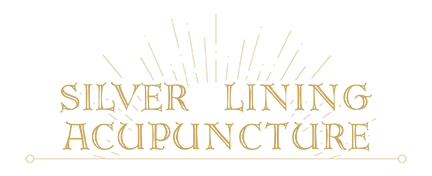Laughter is the Best Medicine
As my time in Nepal comes to a close, the overwhelming emotion I feel is gratitude. In three weeks, I had the opportunity to treat 240 patients and learn many invaluable lessons about health, culture, and life. I worked with amazing, sensitive interpreters and developed a very fulfilling daily routine of eating, sleeping, working, exploring the rice paddies, greeting the street dogs and maintaining a safe distance from the endearing monkeys. On the weekends I traveled to Kathmandu, Bhaktapur, Patan, Boudha, and Swayambhunath to see the ancient temples that are still standing as well as those that are now in ruins.
One of the biggest treats was a visit from Clowns Without Borders, a Spanish performance troupe that strives to offer humor as a means of psychological support to communities that have suffered trauma. They are currently touring Nepal, visiting some of the 586 displacement sites, or tent towns created after the earthquake that range in size from around 200 – 8,000 people and are temporarily housing thousands of vulnerable children.
Although the clowns planned to put on a show for the young monks at the monastery next to the clinic, the courtyard quickly became packed with our interpreters and our patients, as well as throngs of school children, adult passersby, and local shopkeepers. Old and young alike, the audience was captivated with the rare spectacle and eagerly spent the afternoon watching the clowns dance, juggle, walk tightropes, and pull pranks on each other and a few lucky monks.
It made me reflect on how quickly I normally lose interest in such performances. Coming from the jaded Western perspective that I've seen it all or I'm too cool, it is sometimes difficult to freely experience what it in front of me without tainting it with an internal dialogue of skepticism that diminishes life's inherent spontaneity and joy. Yet, for both children and adults whose lives have not been inundated with entertainment and oversaturated with stimulation, their unrestrained ability to appreciate and openly receive the offer in front of them- to laugh- was really very beautiful to witness. As I looked around, I noticed that my patients with chronic pain, severely high blood pressure, Parkinson's disease, and partial paralysis looked happy, comfortable, and free while watching the show.
As I prepare to leave, my hope is that I will carry some of Nepal with me as a means to change the more insidious aspects of the cultural perspective that I have been so rooted in. My existence needs more compassion, more gratitude, more laughter, and more connection to the inner freedom and dignity that I glimpsed in so many facets of life on a daily basis in Nepal. My experience here has renewed my own internal awareness that nothing is really so bad, as each moment we are given a fresh opportunity to embrace the divine within ourselves as a means to transcend the many ways in which we imprison ourselves with judgment, projection, obsession, self-pity, and isolation.
Thank you for reading, thank you for supporting my trip, thank you for encouraging me on this journey. May you all be happy, peaceful, and loved. May Nepal be happy, peaceful, and loved. Namaste.












